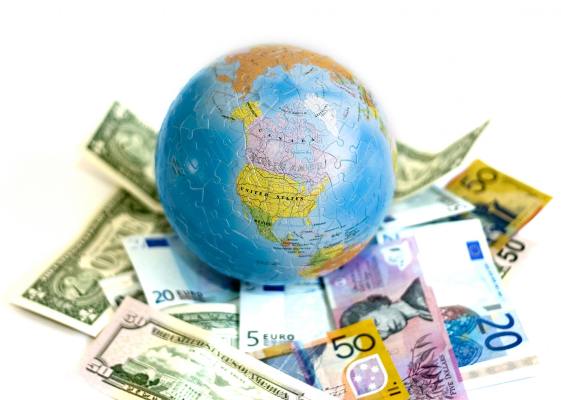Bloomberg: Egypt’s drive to crush the black market for dollars is also crushing Ahmed Mohamed’s steel company.
Banks, under orders to conserve dollars, won’t give him enough foreign currency to import the raw materials he needs. Rules introduced this year cap new deposits at $50,000 a month, so even if Mohamed could get dollars from unofficial CURRENCY TRADERS, he can’t put them in his bank.
“This is unsustainable,” Mohamed said in a phone interview from his factory in the 10th of Ramadan industrial city east of Cairo. “If this goes on for much longer we’ll have to take some action, cut some jobs.”
That’s the last thing policy makers want, as they seek to revive an economy battered by four years of unrest. Investors and economists, though, say the currency policy is posing a growing threat to its prospects of recovery, and going after the black market may not address the wider problems of an overvalued pound and scarce dollars. Central bank Governor, Hisham Ramez, has said the strategy is gradually boosting dollar holdings at the nation’s banks.
Even after billions of dollars in aid from Egypt’s oil-rich Gulf allies, foreign reserves are down more than 40 per cent since the 2011 revolt that ousted Hosni Mubarak. The currency shortage is the main challenge for Egyptian businesses, a bigger problem than the surge in militant attacks, according to the latest Purchasing Managers Index survey by Emirates NBD PJSC released on July 5.
The Central Bank says lenders are currently told to give priority to importers of essentials such as food. Ramez has said the cap on deposits is already squeezing the black market, prompting Egyptians to take their dollars to banks instead.
The restrictions will likely be eased gradually as dollar holdings at banks increase, said Hany Farahat, a senior economist at CI Capital, a Cairo-based investment bank.
Egypt’s foreign-currency receipts plunged after 2011, as unrest scared off INVESTORS and tourists. The central bank, which manages the pound, has allowed it to depreciate by more than 20 per cent since then.
Ramez, who says he doesn’t have a targeted exchange rate, let the currency weaken an additional 2.5 per cent in the past week, before halting at 7.83 per a dollar on Sunday July 12th.
A JPMorgan Chase & Co. index shows that, when adjusted for inflation and measured against Egypt’s trading partners, the pound is near its highest level in 15 years. Jason Tuvey, an economist at London-based Capital Economics, says it needs to weaken by at least another 5 per cent to restore Egypt’s competitiveness.


